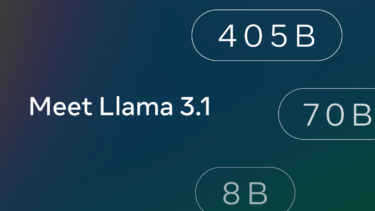According to Anthropic co-founder Jack Clark, OpenAI’s recent success with the o3 model suggests that AI development is not slowing down and may, in fact, be speeding up. .
In his newsletter Import AI, Clark refutes claims that AI development has reached its limits. “Everyone who said progress was slow or that scaling up was hitting a wall was wrong,” he wrote.
Clark points to OpenAI’s new o3 model as evidence that there is still plenty of room for growth with different approaches. In addition to creating larger models, o3 uses reinforcement learning and additional computational power during execution.
Clark says this ability to “think out loud” while running opens up entirely new possibilities for scaling. He expects this trend to accelerate in 2025, as companies begin to combine traditional approaches such as large base models with new ways to use compute for both training and inference. This mirrors what OpenAI said when it first announced its o-model series.
advertisement
the price of progress
Clark believes most people are unprepared for how quickly things are going to move. “Basically, consider that no one predicted how dramatic progress would occur from here,” he cautions.
However, he points out that computing costs are a major challenge. The most advanced version of o3 requires 170 times more computing power than the basic version, which already uses more resources than o1, which itself also requires more power than GPT-4o. Masu.
These new systems make costs much more difficult to predict, Clark explains. Previously, costs were simple and depended primarily on the size of the model and the length of the output. However, in o3, resource needs can vary significantly depending on the specific task.
Despite these challenges, Clark believes that a combination of traditional scaling methods and new approaches will lead to “even more dramatic” AI advances in 2025 than in the past.
Awaiting Anthropic’s next move
Clark’s prediction raises interesting questions about Anthropic’s own plans. The company has yet to release an “inference” or “test-time” model that competes with OpenAI’s o series and Google’s Gemini Flash Thinking.
recommendation

The previously announced Opus 3.5 flagship model remains on hold, reportedly because its performance improvements do not justify operating costs.
Some have suggested that this and similar delays are indicative of broader scaling challenges in large language models, but Opus 3.5 was not a complete setback. This model appears to have helped train the new Sonnet 3.5, which has become the most popular language model on the market.


